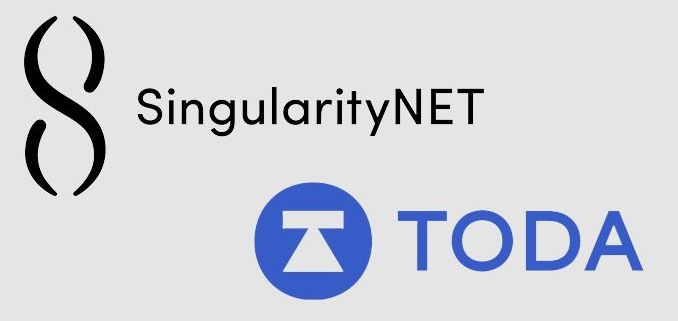Rural communities are often built on agriculture and livestock. That means they’re also dependent upon a strong irrigation system – a potential weakness as the global water crisis grows. To more efficiently manage and coordinate the use of a scarce water supply in agricultural communities, a team from the Polytechnic University of Madrid proposed a blockchain-based automatic water control system.
“We investigated how blockchain technologies can be used to solve the problem of user competition for scarce resources in communities,” said Borja Bordel, the project’s lead investigator. “We particularize the problem to the irrigation communities, where independent users must trust a system that automates a fair and trustworthy distribution of the available water resources, according to an individual quota set by the community and the consumption forecasts of its users.”
Rules are paramount for the proposed system and must be established upfront by the community of users. In a prosumer environment, users establish regulations for their individual and community water quotas. Those regulations are then taken by a transformation engine and are built, compiled, and deployed. A simple infrastructure of common valves and pumps are complemented by interactive electronic devices and allow a SmartContract to oversee decision-making and control algorithms, as well as the state of the water sources.




